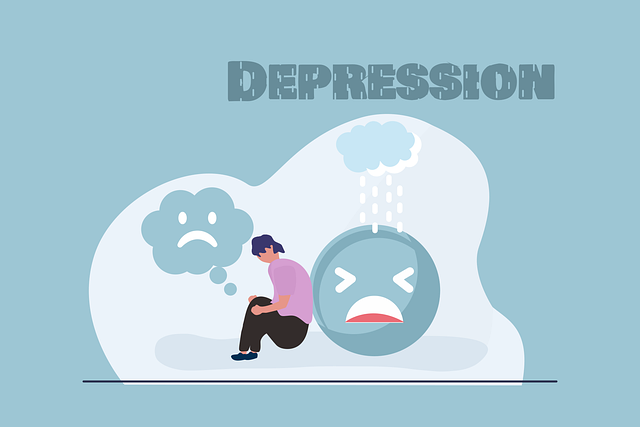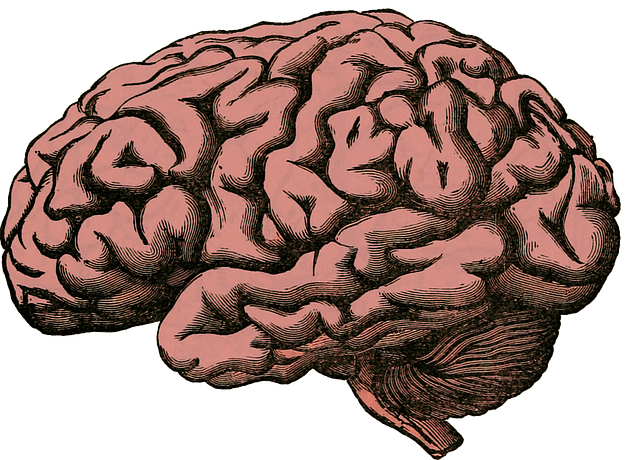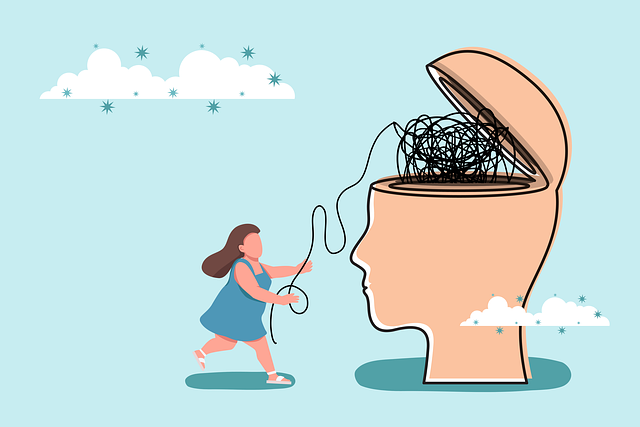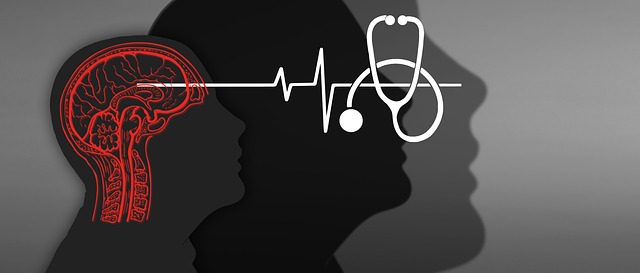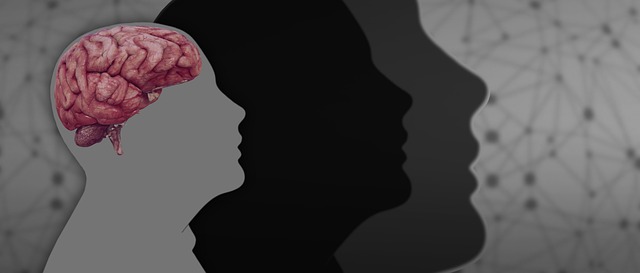Cultural competency in healthcare, as exemplified by Arvada Codependency Therapy, is crucial for delivering effective treatment. By understanding diverse patients' cultural differences, healthcare providers can enhance patient engagement and trust. Overcoming biases through interactive training equips professionals to tailor care, ensuring it aligns with individual cultural frameworks. Arvada's success in treating intergenerational relationship patterns highlights the value of culturally sensitive approaches, contributing to improved mental health outcomes for all, especially marginalized communities.
Healthcare provider cultural competency training is an essential component in delivering effective treatment, especially in diverse communities. This article explores the importance of cultural competency in healthcare, focusing on identifying and overcoming biases. We delve into interactive learning strategies that engage providers for lasting impact. Real-world applications are highlighted through case studies and best practices from Arvada Codependency Therapy, showcasing successful approaches to enhancing cultural sensitivity in healthcare settings.
- Understanding Cultural Competency in Healthcare: The Foundation for Effective Treatment
- Identifying and Overcoming Biases: A Key Component of Training
- Interactive Learning Strategies: Engaging Providers for Lasting Impact
- Real-World Application: Case Studies and Best Practices from Arvada Codependency Therapy
Understanding Cultural Competency in Healthcare: The Foundation for Effective Treatment

Cultural competency in healthcare is a cornerstone for delivering effective and equitable treatment to a diverse range of patients. It involves recognizing and appreciating cultural differences, and understanding how these variations impact health beliefs, behaviors, and communication styles. By fostering cultural sensitivity, healthcare providers can create a more welcoming environment for patients from various backgrounds. This, in turn, promotes better engagement, trust, and adherence to treatment plans.
For instance, Arvada Codependency Therapy, which focuses on addressing intergenerational patterns of unhealthy relationships, must consider the unique cultural contexts of its clients. Incorporating self-care practices tailored to different cultures can be a valuable tool. Additionally, crisis intervention guidance that respects cultural norms and incorporates Mental Health Awareness can significantly improve patient outcomes. These approaches ensure that care is not just provided but also understood and accepted within the patient’s cultural framework.
Identifying and Overcoming Biases: A Key Component of Training

Identifying and overcoming biases is a pivotal aspect of cultural competency training for healthcare providers. Biases, often unconscious, can significantly impact patient care, especially in diverse communities. These biases may stem from personal experiences, societal influences, or lack of exposure to different cultures. For instance, a healthcare provider from Arvada Codependency Therapy might encounter patients with unique cultural backgrounds and practices that differ from their own. Effective training equips professionals with the skills to recognize these biases, ensuring they do not inadvertently affect treatment plans or communication strategies.
Cultural sensitivity in mental healthcare practice demands a deep understanding of diverse communities. Training should encourage providers to question their assumptions, engage in self-reflection, and develop a self-care routine that supports their well-being. By fostering positive thinking and embracing cultural differences, professionals can create an inclusive environment that promotes better mental health outcomes for all patients, regardless of their background.
Interactive Learning Strategies: Engaging Providers for Lasting Impact

Incorporating interactive learning strategies is key to achieving meaningful and lasting outcomes in healthcare provider cultural competency training. This approach goes beyond traditional lectures, engaging providers through role-playing scenarios, case studies, and group discussions that mimic real-world challenges. Such dynamic methods not only enhance knowledge retention but also foster a deeper understanding of diverse cultural perspectives, including those relevant to Arvada Codependency Therapy. By actively participating in these exercises, healthcare professionals can develop critical thinking skills and build confidence in navigating complex cultural interactions.
Beyond improving individual competency, interactive learning encourages collaboration among providers, fostering a culture of open dialogue and continuous improvement. This collective approach is particularly important in addressing issues like burnout prevention strategies for healthcare providers and risk assessment for mental health professionals. Through collaborative problem-solving, providers can learn from one another’s experiences, share best practices, and develop innovative solutions that strengthen the overall quality of care delivered to diverse patient populations, aligning with the goal of enhancing cultural sensitivity in mental healthcare practice.
Real-World Application: Case Studies and Best Practices from Arvada Codependency Therapy

Arvada Codependency Therapy serves as a powerful real-world application example for healthcare provider cultural competency training. By studying successful therapy programs like theirs, medical professionals can gain valuable insights into addressing diverse patient needs effectively. Case studies from Arvada highlight the importance of tailoring treatment approaches to individual cultural backgrounds, fostering trust, and encouraging open communication. This, in turn, facilitates better understanding and improved outcomes, especially for marginalized communities.
The therapy center’s approach emphasizes not just treating symptoms but also promoting self-care routine development for better mental health. Their Mental Health Education Programs Design focuses on empowering individuals to recognize their unique cultural strengths while navigating challenges. Such initiatives contribute to building confidence and resilience, reflecting the growing recognition of holistic mental healthcare. This practical application of cultural competency training benefits both providers and patients, ensuring a more inclusive and effective healthcare system.
Healthcare provider cultural competency training is a vital tool in creating more inclusive and effective healthcare systems. By understanding cultural nuances, identifying and overcoming biases, and employing interactive learning strategies, professionals can significantly improve patient outcomes. As demonstrated by the case studies from Arvada Codependency Therapy, real-world applications of these training methods lead to better access and quality care for diverse populations. Continued investment in cultural competency training is essential to ensuring healthcare remains a force for good in our increasingly interconnected society.
